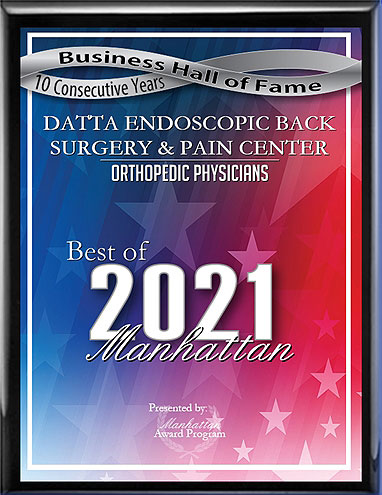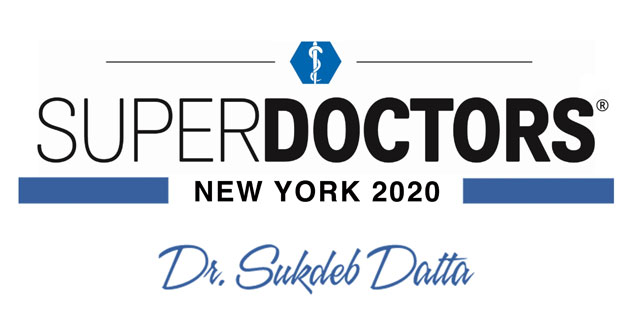Herniated discs are one of the most common spine problems in America. They can affect people of all ages and activity levels, but are more common in older people and obese people. Although herniated discs can cause a significant amount of discomfort, the majority of patients are able to get control of their symptoms without undergoing surgery. Even in cases where surgery is necessary, there are more minimally invasive options than ever before.
Non-Invasive Options
The majority of patients can be treated with non-invasive methods. Even if you also undergo some sort of spine surgery, non-invasive methods usually form a cornerstone of treatment. Some of the most common methods include:
- Physical therapy - Promotes core strength and good posture, both of which reduce the amount of stress paced on the disc.
- Weight loss - Excess weight puts excess strain on your spine, including your herniated disc. Weight loss can therefore relieve symptoms.
- Medication - Non-steroidal anti-infammatory drugs (NSAIDs) can relieve inflammation, thus relieving symptoms. Be sure to consult with your doctor before starting an extended regimen of NSAIDs, or any other over-the-counter medication.
- Smoking cessation - Smoking makes you more prone to injury and less able to heal. Smoking cessation can help you heal faster.
Minimally-Invasive Options
If your symptoms persist after non-invasive treatments, or if your symptoms are severe or progressive, your doctor may turn to minimally invasive methods in order to treat your disc while maintaining the integrity of the spine as much as possible.
The world of spine surgery has changed dramatically in the last few decades. Methods like laser spine surgery, stem cell therapy, and nerve stimulation can all produce dramatic results without causing undue trauma to the spine.
Between non-invasive methods and minimally-invasive methods, the majority of herniated disc patients are able to recover from their condition without undergoing invasive, open spine surgery. However, only your doctor can determine which treatment is right for your herniated disc, based on your symptoms and your medical history.
To schedule a consultation about treatment for your herniated disc, please click below and enter your information or call the Datta Endoscopic Back Surgery and Pain Center at (212) 430-0312.






 EDISCSCULPT
EDISCSCULPT



